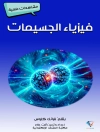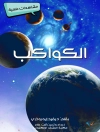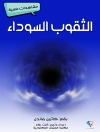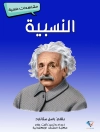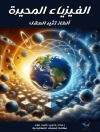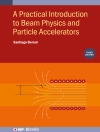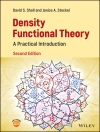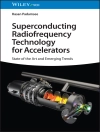This is the first comprehensive textbook on the physical aspects of organic solids. All phenomena which are necessary in order to understand modern technical applications are being dealt with in a way which makes the concepts of the topics accessible for students. The chapters – from the basics, production and characterization of organic solids and layers to organic semiconductors, superconductors and opto-electronical applications – have been arranged in a logical and well thought-out order.
Table of Content
1. Introduction
2. Forces and structures
3. Purification of materials, breeding of crystals, and production of thin layers
4. Lattice impurity and structural defects
5. Molecular and lattice dynamics in organic molecular crystals
6. Electronic excitation states, excitations, and energy charge
7. Electron magnetic resonance and dynamic of triplet states
8. Organic semiconductors
9. High-conducting crystals and polymers, organic metals
10. Organic superconductors and organic ferromagnets
11. Specific methods: hole burning, single molecules, holography, non-linear optics
12. Opto-electronic applications: electroluminescence, photovoltaic, laser, xerography, switches
13. Towards molecular electronics
About the author
Professor Markus Schwoerer studied physics at the ETH Zurich, Switzerland, and at the University of Stuttgart, Germany, where he received his Ph.D. in 1967. In 1975, he accepted a professorship for experimental physics at the University of Bayreuth. He received the Annual Award for Chemistry from the Academy of Science at Gottingen in 1974. From 1996 to 1998, Professor Schwoerer was the President of the German Physical Society. His main research interest is the physics of organic solids.
Professor Hans Christoph Wolf studied physics, chemistry and biology in Freiburg and Tubingen, both Germany, where he received his Ph.D. in 1952. From 1952 to 1954, he held a post as a researcher in physical chemistry at the Technical University of Munich. After working for several years as an assistant professor, he was awarded a full professorship at the Third Physical Institute of the University of Stuttgart, of which he also became the director, and from which he retired in 1997. Professor Wolf received the Otto Hahn Award of the German Physical Society and the Society of German Chemists in 2000. He was a member of the editorial boards of numerous international journals and is one of the most renowned and established authors in the fields of atomic and quantum physics. His field of research is the physics of organic solids.


